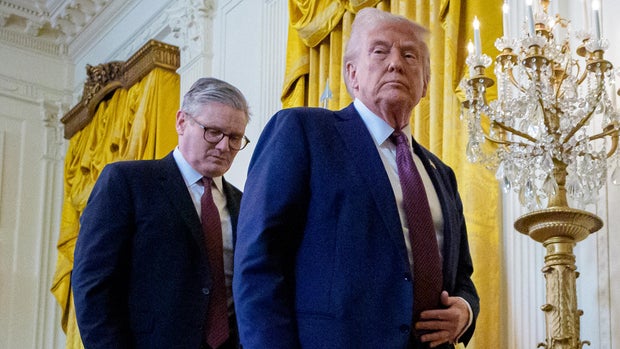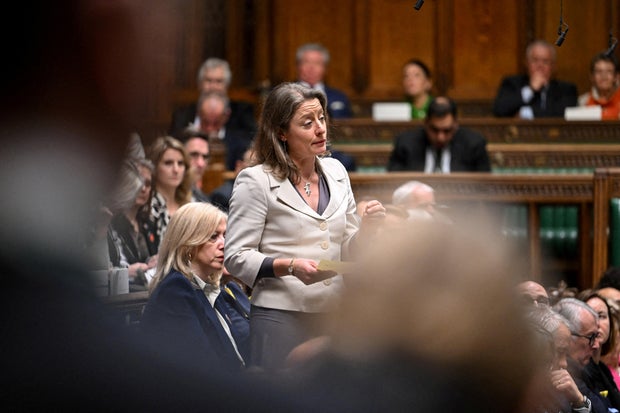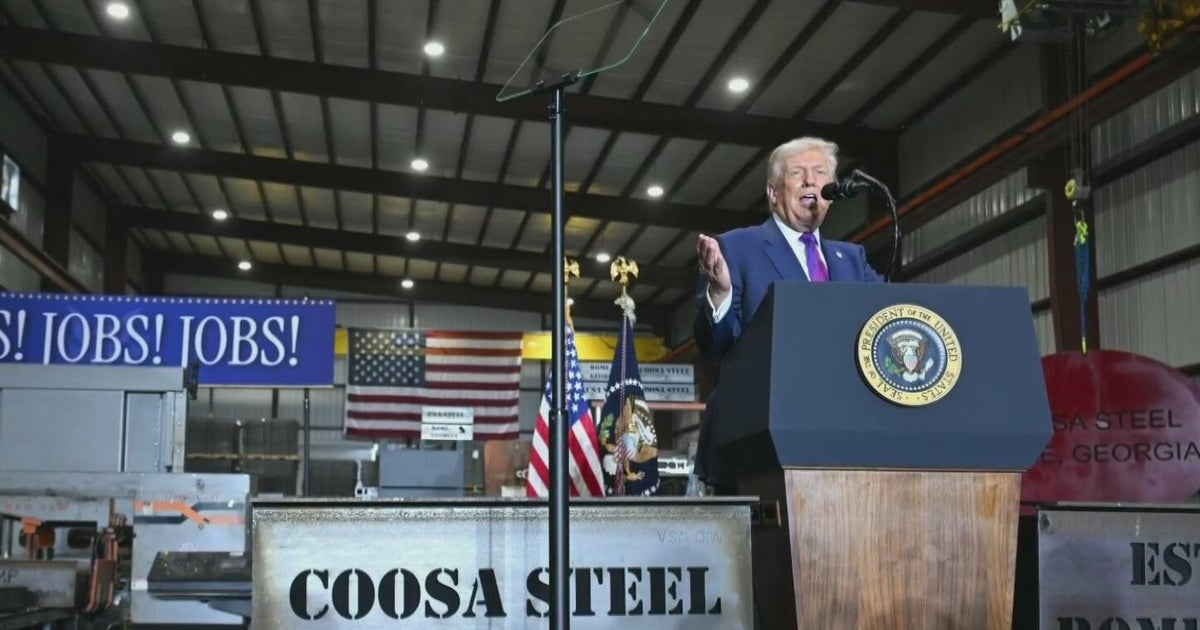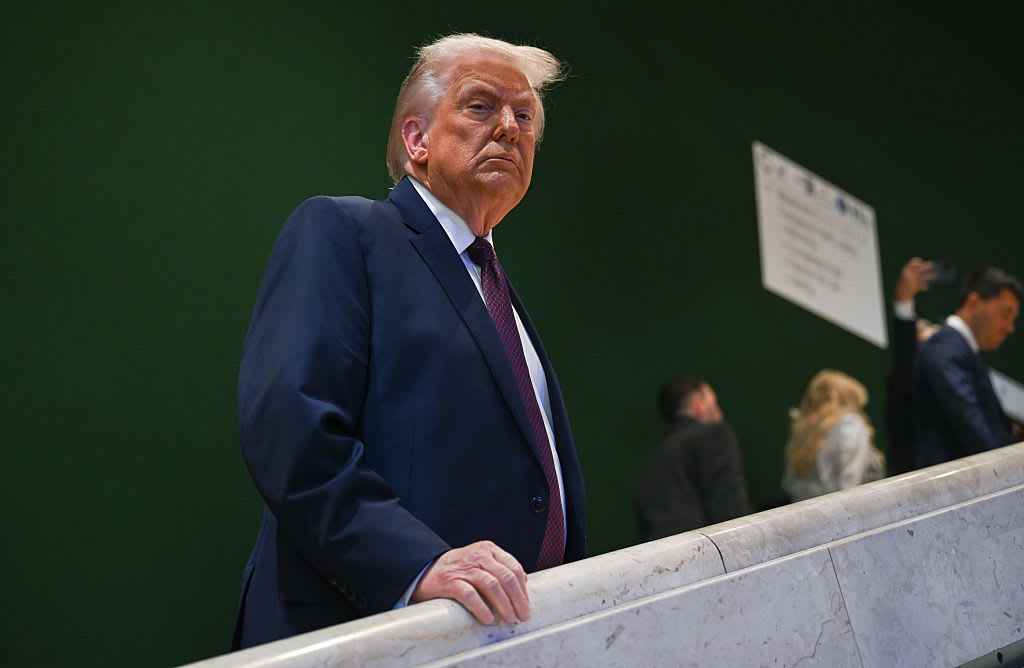Europe's response to the Signal chat controversy reflects a major shift in transatlantic ties
London — In the British Parliament, the Signal group chat controversy prompted a hard question on Wednesday for the U.K. leader from opposition lawmaker Ed Davey: Can Britain still trust America with its secrets?
"Will the prime minister make it clear that he will order an urgent review into the security of the intelligence that we share with the United States?" Davey asked during a session in the House of Commons.
U.K. Prime Minister Keir Starmer pushed back.
"We work with the United States on a daily basis," Starmer said. "Unpicking our relations with the U.S. for defense and security is neither responsible nor serious."
But not everyone agrees, including Davey's fellow Liberal Democrats party Member of Parliament Helen Maguire.
"It's difficult to say that we can continue to rely on the U.S. when they're really playing Russian roulette with Western security," she told CBS News.
Across Europe, though, political leaders were anxious not to provoke President Trump, and they have largely avoided that kind of criticism.
Newspaper and news website headlines across the continent, however, have not.
The French daily L'Express led with: "Top-secret plans leaked — what we know about the Trump administration's big blunder."
In Italy, Il Fatto Quotidiano's top story was headlined: "Parasitic, mean and an object of hate — Vance and Hegseth reveal what Trump's U.S. thinks of its NATO allies."
Online, there was widespread outrage at Europeans being described in the Signal text thread by Defense Secretary Pete Hegseth as freeloaders. In the thread, Hegseth responded in agreement to a message from Vice President JD Vance by writing, "VP: I fully share your loathing of European free-loading. It's PATHETIC."
The outrage online is shared by Maguire. She is military veteran — one of the thousands of British troops who helped America topple Saddam Hussein in Iraq.
"It's horrendous," she said. "I mean, the word 'freeloading!' I've served in Iraq. Iraq was a U.S. war. I was there with my military counterparts. Not only that, but the U.S. has many bases in British overseas territories, so we're absolutely not freeloaders. We've been supporting the U.S. for many years, and it's incredibly disappointing to hear off-the-cuff comments like that from J.D. Vance."
Asked whether the comments hurt, Maguire responded: "Absolutely, it's really hurtful. British soldiers have put their lives on the line."
But beyond the hurt there is resolve, as Europe prepares for the new reality. Europeans seem to be over the shock of having the U.S. government, a country they've long regarded as their greatest friend and ally, suddenly appear to turn on them.
The message was first delivered loud and clear by Vance last month in a speech at the Munich Security Conference in which he accused European allies of stifling free speech, and it's been underlined again this week.
European leaders are already discussing very expensive plans for stepping up their own defenses, as well as bolstering Ukraine's.
They are also coming up with a package of tariffs to retaliate against levies Mr. Trump is expected to impose on European goods next month. President Trump announced Wednesday that he is implementing a new 25% tariff on all automobiles and light trucks imported into the U.S., beginning April 2.
On Thursday, the president of the European Union's governing body, the European Commission, said she deeply regretted Mr. Trump's decision.
"Tariffs are taxes — bad for businesses, worse for consumers, in the US and the EU," Ursula von der Leyen said in her social media post. "The EU will continue to seek negotiated solutions, while safeguarding its economic interests."






